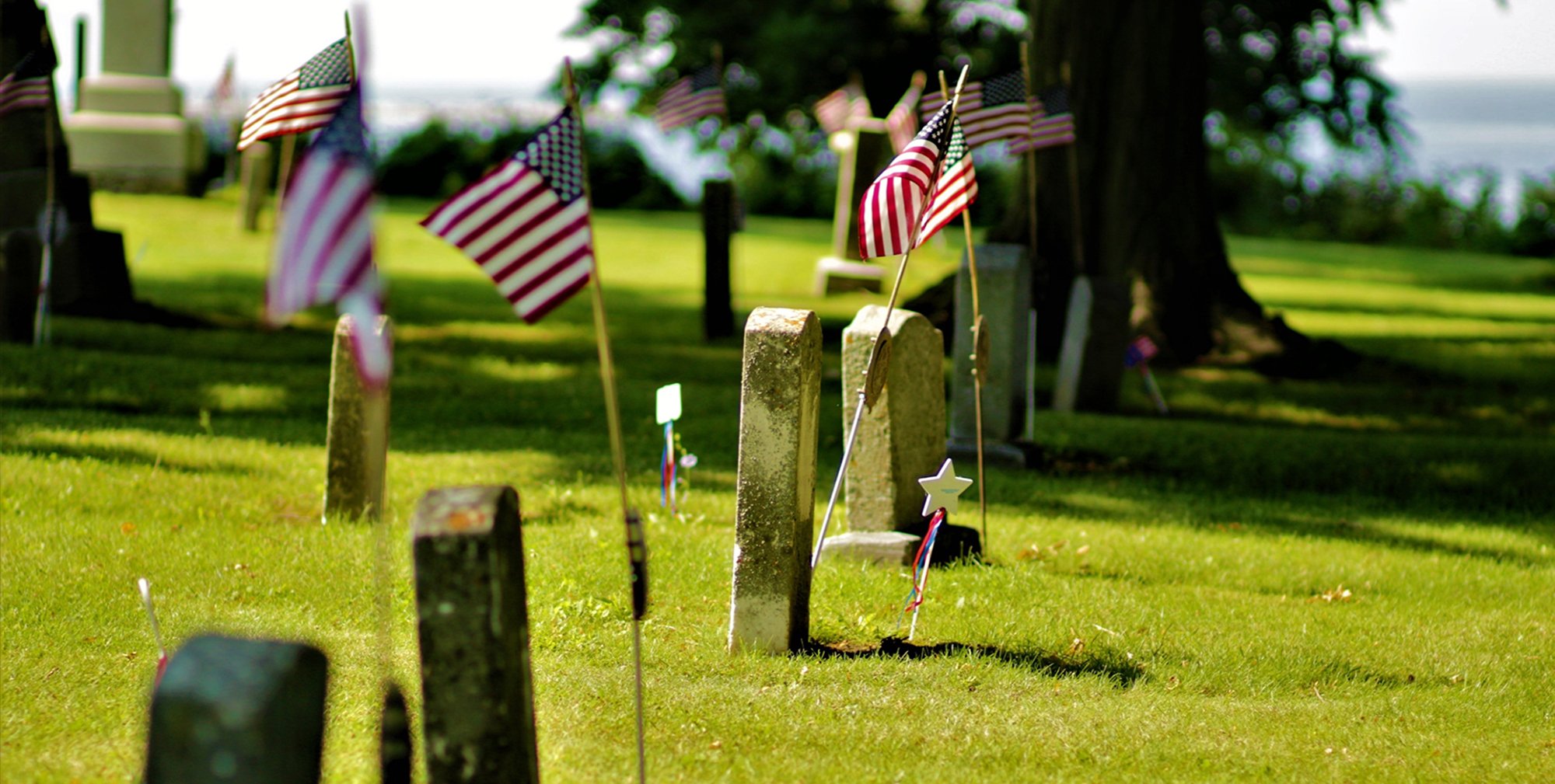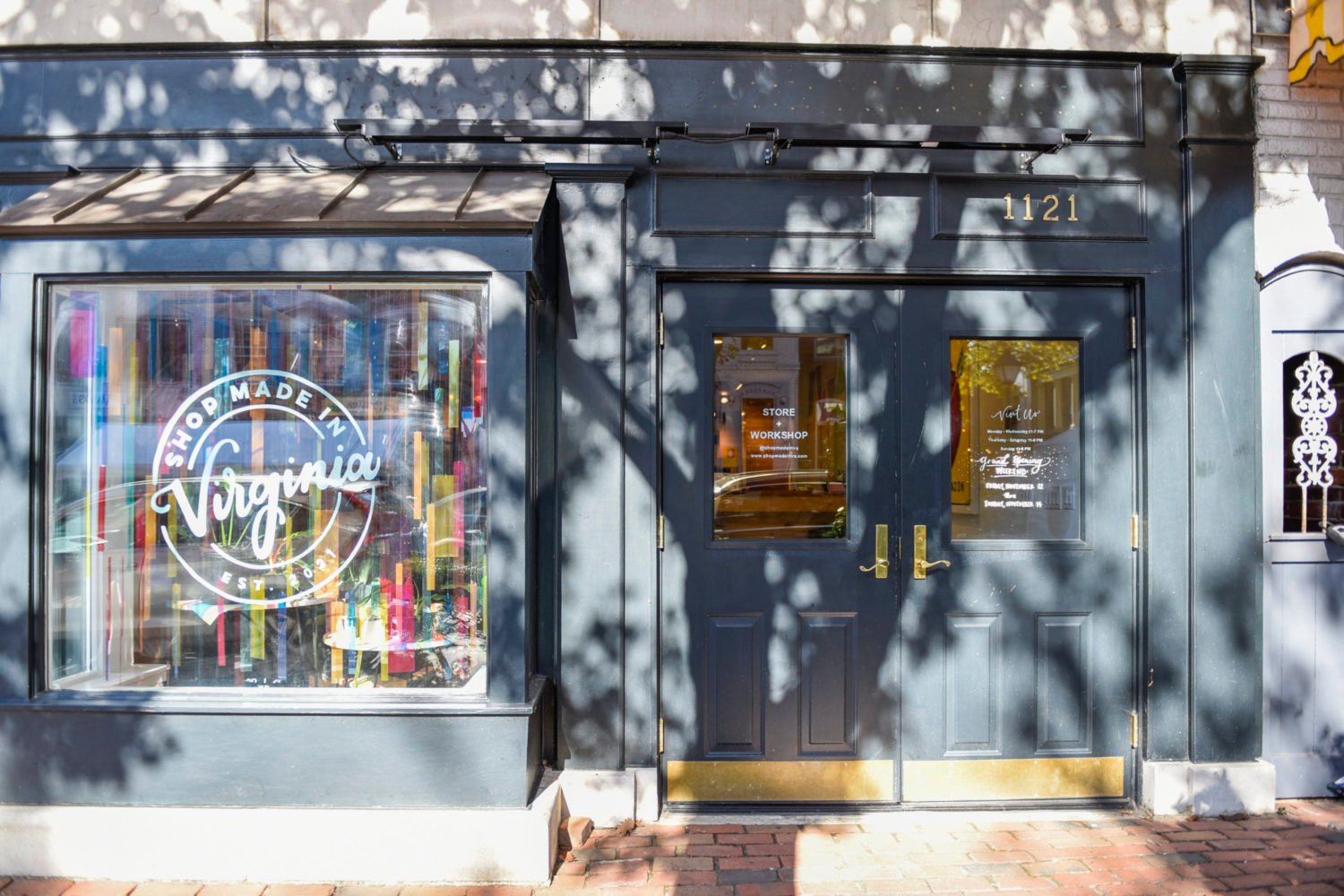One way to get a sense of how a city lives is to look at how it dies—or rather, who takes care of its deceased. In recent years, the District has seen many of its African-American–owned funeral homes either shut down or move to more remote locations as gentrification has caused property values to soar in neighborhoods such as Shaw and Petworth.
The former site of Grace Murray Funeral Home on Georgia Avenue will soon be occupied by an 18-unit apartment building. Austin Royster Funeral Home in Columbia Heights has been replaced by a condo building. Frazier’s Funeral Home, which served Shaw for nearly 80 years, has given way to an apartment house where rents start at $2,300 a month. A Petworth property once occupied by Latney’s Funeral Home is awaiting demolition.
The closures aren’t simply a barometer of gentrification. They can have deep symbolic resonance for community members who for generations have gathered at these places during some of the most difficult moments of their lives. With longtime residents, the local funeral parlor “buried their grandma, buried their father,” says Frankie L. Washington, president of the National Funeral Directors & Morticians Association, a trade group for black-owned funeral homes.
The impact of that kind of loss is significant. “The neighborhoods in DC are changing so fast, and the people who move in now, I don’t know whether they want the funeral home there,” says Milton Tellington, who moved his Petworth business, Tri-State Funeral Services, to a new spot near the Maryland border in 2016. “People had confidence in those funeral homes. When they don’t have them anymore, they have to go through that experience with doubt. ”
This article appears in the February 2018 issue of Washingtonian.



















